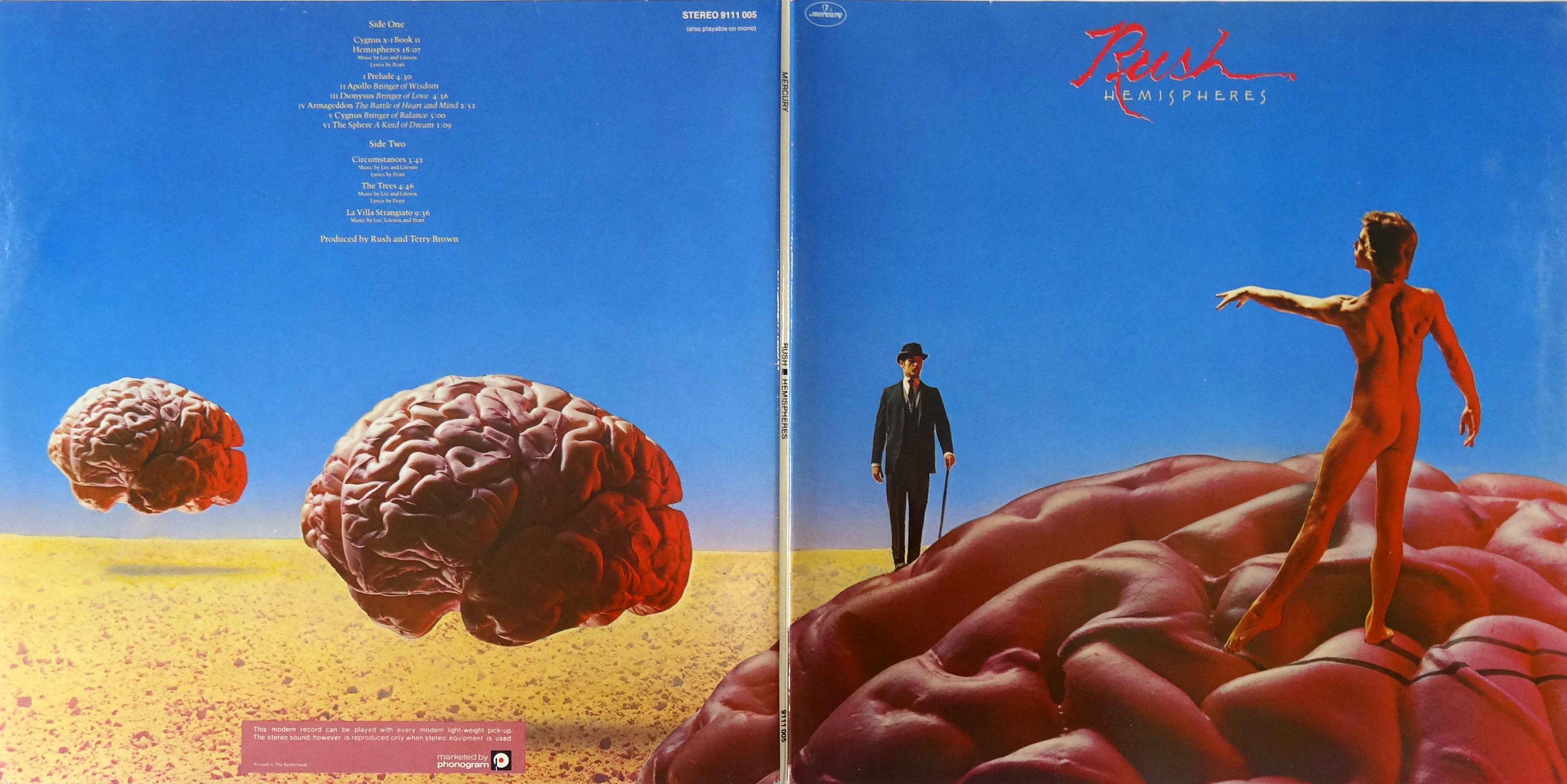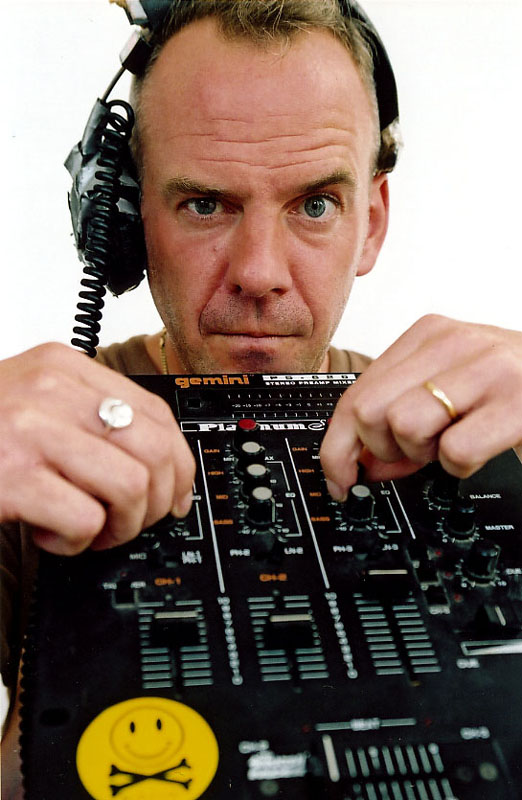
Dinosaur Jr. were coming apart during the sessions for this post-core freak folk noisefest. Their second album 'You're Living All Over Me' had established the band as a major force in the underground music scene; but there was tension building within the trio. The sessions for 'Bug' were fraught with conflict as producer J. Mascis attempted to control everything that Lou Barlow and Emmett Patrick Murphy did.
Barlow recalls: "It’s a record that is sort of a lost record of the original lineup. Although it was our most popular record when I was in the band of the first three records, it was a record that I don’t think either J, or I, or even Murph remembered that fondly. There were quite a few songs off of Bug that we didn’t play. We always favored the 'You’re Living All Over Me' record...I just remember it not being a particularly good time. J wasn’t in a particularly good spot. He was kind of a monster and wasn’t really into the band. It seems like making the record was a total chore for him. It was just a very negative time period as I remember. Actually, going back and listen to the record I am like 'Wow, what a really good record. We did a great job!'... J hated me and I hated him. I hated him because he hated me. Generally, the only reason I really hate anyone is that they hate me first. We had kind of reached our peak already. We had put out 'You’re Living All Over Me'. We were on SST Records, so there was nowhere else to go for as far as we were concerned. We had filled every possible career goal we could have. It sort of left us with this empty feeling like, 'Now what do we do, just tour until we all hate each other for the rest of our lives?' It was strange. We didn’t have any aspiration beyond what we had reached."
Mascis considers: "I dunno. It's kind of like, it has bad connotations to me. I don't really like it that much ... It’s my least-favorite record ... It just felt like 'You're Living All Over Me' was well-received and we started just kind of getting bigger and bigger. And 'Bug' was just kind of building off that, a kind of upward momentum or something. But at the same time the band ... was kind of falling apart. I guess our goal was to get on SST Records (home of the Minutemen, Meat Puppets, Hüsker Dü and Rollins' first band Black Flag), and we did that with 'You're Living All Over Me' – so we didn't really have another goal particularly. We were just kind of falling apart, but we decided to ... somehow try and keep going. But we weren't in the best place as a band, and it wasn't so fun to hang out together...I just kind of think of all albums as snapshots of the time when they were made, so it's just chronicling a bad time in my life...We got banned from all the clubs in Western Mass. And I remember in Boston a sound guy throwing a bottle at me.”
'Bug' became a sensation in the UK, where the album went to the top of the independent chart. 'Freak Scene' went to number four on the UK independent singles chart and became a staple on US college radio. When the tour was over, Barlow was ousted from the band and devoted himself full time to his side project Sebadoh.
http://www.dinosaurjr.com/
"Freak Scene"
'Bug'
full album:
1. "Freak Scene" 3:36
2. "No Bones" 3:43
3. "They Always Come" 4:37
4. "Yeah We Know" 5:24
5. "Let It Ride" 3:37
6. "Pond Song" 2:53
7. "Budge" 2:32
8. "The Post" 3:38
9. "Don't" 5:41
10. "Keep the Glove" (Bonus track) 2:52







